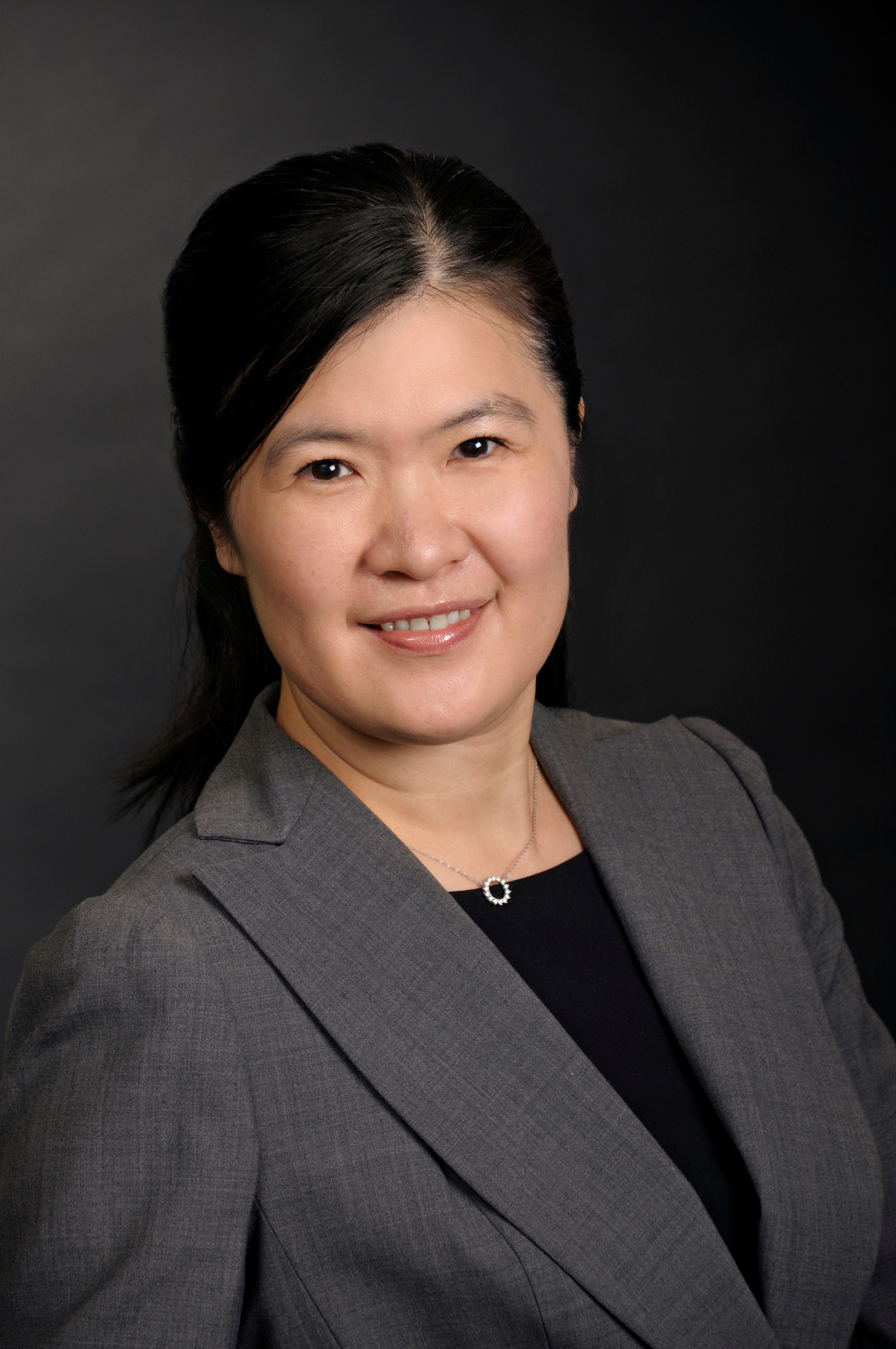
Got data? The AIDA Initiative can help
A new initiative by W. P. Carey's information systems department will benefit companies bogged down by data, ASU's student and faculty experts, and society at large.
The AI and Data Analytics (AIDA) Initiative connects corporate partners that need support with AI and data analytics with expertise across the ASU campus. Director Pei-yu (Sharon) Chen, chair and professor, says companies are increasingly overwhelmed by the data they collect.

"Data technology and the ability to work with data are so important," she says. "Companies are embracing it because it's the key to identifying problems and opportunities, and you can implement solutions using AI and data analytics tools and applications. I talk to companies that collect a lot of data, but when I ask them, 'How do you use it?' they say, 'I have no idea.' "
Not only is the amount of data collected staggering, but various data formats require different types of expertise. Additionally, a variety of domain knowledge —understanding a specific industry, discipline, or activity — is needed to put the data to good use.
Enter AIDA, which is designed to serve as a platform. On one side are ASU students and faculty with varied technical skills, research capabilities, and domain knowledge. Corporate partners with data sets, problems, and additional domain knowledge are on the other side.
With access to data from external organizations, faculty and PhD students can apply their technical skills in a real-world setting.
"To put it into an analogy of a battlefield, in academia, we have all the skills, which are the weapons. Our corporate partners provide the battlefield setting to test our weapons," Chen says.
In addition to benefitting ASU and corporate partners, AIDA aims to address larger societal problems, including trust, privacy, and equity issues. Data and AI have the potential to identify and target inequity, but if the wrong data is used in the process, it could perpetuate disparities.
"If we use historical data to train AI, it will have inherent biases because of how society has operated through history," Chen says. "We need to curate the data so we don't feed biased data into AI."
Currently, AIDA is identifying funding sources and seeking companies that want support with data, AI, and related problems. There are plans for seminars and workshops, including a panel in September, as well as internships, applied projects, and creating a data repository for education research.
Chen says AIDA provides a unique opportunity for ASU to stand out in the intersection of business, AI, and data analytics.
"A key differentiator [of AIDA] is we can focus on a total solution," she says. "Because this is an initiative in a business school, we can focus on not only technical solutions but also business strategies, organizational strategy, and societal impact."
Latest news
- Spring training brings baseball fans from around the country and their dollars to Phoenix area
Spring training is drawing baseball fans from across the country to the Phoenix area, where 15…
- Low mortgage rates keep owners in their houses longer
ASU expert weighs in on how historically low mortgage rates are keeping homeowners in their…
- Revamped teaching method captures attention of students
How I-MAC 2.0 turns leadership theory into interactive, high-impact learning.